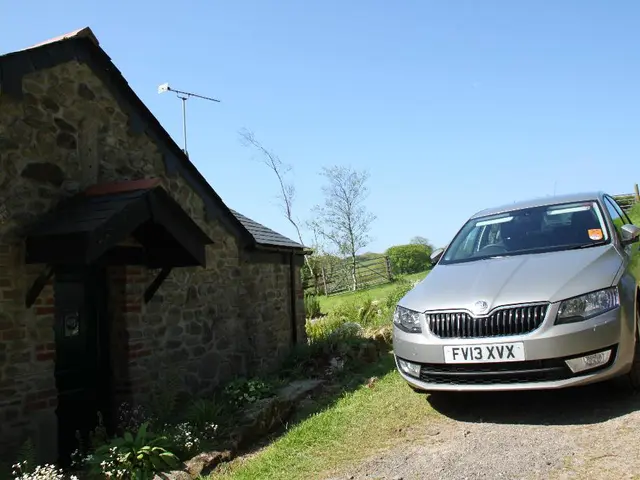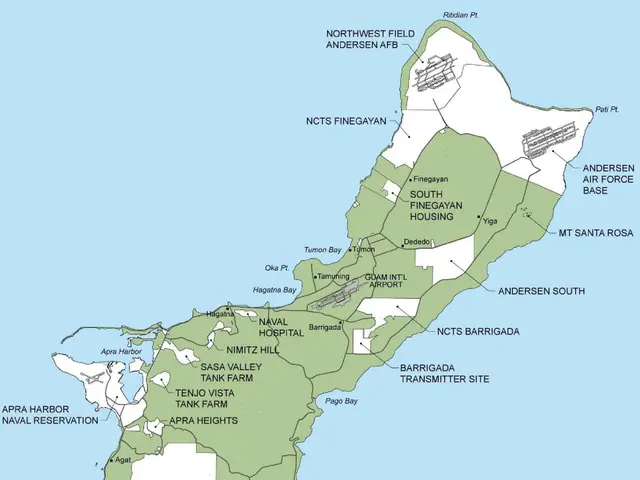Hamburg's Rooftops Could Power Two-Thirds of City's Electricity Needs
Hamburg is at the forefront of harnessing solar power, with researchers discovering that just eight percent of the state's territory could generate two-thirds of its annual electricity demand. The city's rooftops, particularly those of single-family homes, are identified as prime locations for solar panels.
Rooftop photovoltaic (PV) systems are emerging as the most effective solution for single-family homes, but they also present viable options for multi-family homes and commercial buildings. The economic feasibility of these systems improves with the growing demand for electricity, particularly for electric mobility.
Hamburg's solar energy potential lies primarily in rooftop installations, accounting for 72% of the total. Agriculture and parking lots also present opportunities. The city has been proactive in promoting solar expansion, implementing a solar obligation for new buildings and planning to extend this to existing buildings by 2024.
This trend is not unique to Hamburg. The German federal state of Baden-Württemberg pioneered a law in 2023 mandating solar panel installation on new buildings and major roof renovations. The expansion of this law to include existing buildings is planned but without a specific nationwide schedule.
Hamburg's commitment to solar energy, driven by research findings and progressive policies, is transforming the city's energy landscape. By leveraging rooftop installations and planning for wider adoption, Hamburg is paving the way for a sustainable, solar-powered future.








